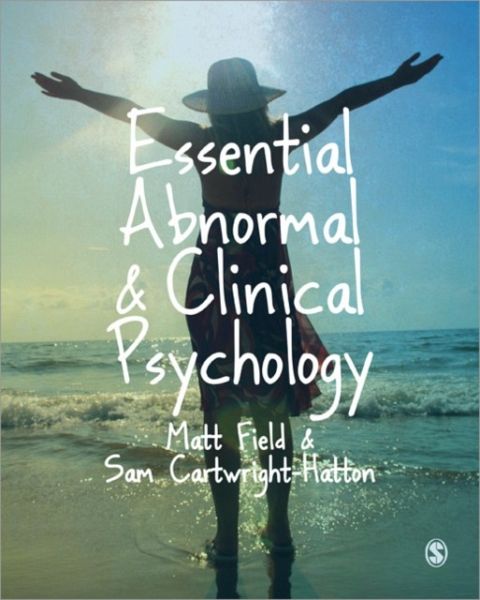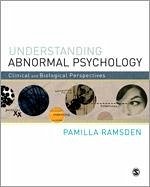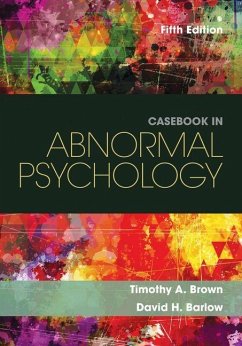Nicht lieferbar

Essential Abnormal and Clinical Psychology
Versandkostenfrei!
Nicht lieferbar




Incorporating the latest updates from DSM-5 and ICD-10 and a balanced critique of the DSM approach, this is an essential introduction for undergraduate students taking courses in abnormal and clinical psychology.
Matt Field is a Professor of Psychology at the University of Liverpool. While an undergraduate student at Swansea University, his experience of research investigating depressed mood and alcohol craving motivated him to pursue a career in research. He went on to study conditioning processes in tobacco addiction for his PhD, which he received from the University of Sussex in 2001. Following a three-year spell at the University of Southampton, he moved to the University of Liverpool in 2004. He leads the addiction research group, teaches abnormal and clinical psychology to undergraduate and postgraduate students, and does far too much University administration. He is on the Editorial boards of the journals Addiction, Drug and Alcohol Dependence and Psychopharmacology, has published more than 100 articles in peer-reviewed journals (some of them are even quite good!), and this is his first book. He lives with his wife and three cats in Formby.
Produktdetails
- Verlag: SAGE Publications Inc
- Seitenzahl: 360
- Erscheinungstermin: 7. Oktober 2015
- Englisch
- Abmessung: 234mm x 183mm x 25mm
- Gewicht: 786g
- ISBN-13: 9780761941880
- ISBN-10: 0761941886
- Artikelnr.: 42458085
Herstellerkennzeichnung
Libri GmbH
Europaallee 1
36244 Bad Hersfeld
gpsr@libri.de
Für dieses Produkt wurde noch keine Bewertung abgegeben. Wir würden uns sehr freuen, wenn du die erste Bewertung schreibst!
Eine Bewertung schreiben
Eine Bewertung schreiben
Andere Kunden interessierten sich für











